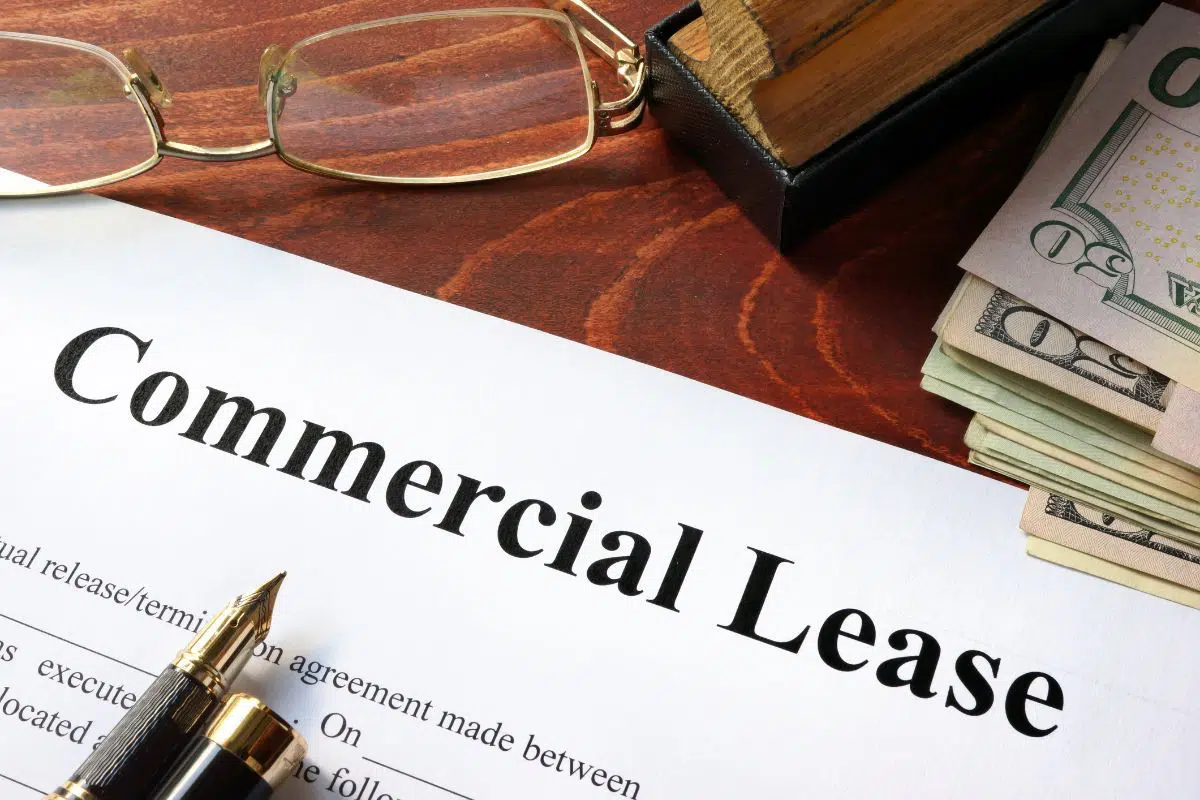A commercial lease is a contract, and as with most contracts, everything is negotiable. The following are some areas that can help your business succeed if negotiated properly:
Property Description. The commercial lease should clearly define the property under lease. If you are leasing an entire building, the clause might simply give the street address as the description of the property. If you’re leasing only a portion of a building, you need to precisely define what areas of the building you will have access to. Is there a storage area or kitchen you would like to utilize? Does the building have common restrooms? Where will you and/or potential employees park?
Premise Use Clause. A use clause defines the activities your company can engage in on the property. It is designed to protect the property from damage and limit the liability of the property owner. If you later wish to change the direction of your business and possibly change the use of your space, you will need to obtain permission from the property owner. It is important to negotiate use terms that are as flexible as possible so that any changes you may need to make in the future will not be delayed.
Improvements. If you think you may need to make improvements to the space, it is important to negotiate up front who will pay for the improvements in the commercial lease.
Signage. Your business may require having a sign that is clear and visible from the street in order to attract clients. You will need to make sure that your commercial lease does not prohibit or limit signage. Also, if signs are allowed, you may also want to research how other tenants have set their signs up and determine if there is enough space to accommodate your signage.
Exclusivity. If your business relies on the general public as its customer base, you should attempt to negotiate an exclusivity clause, which would prevent the owner of the property from renting out another office space in the building or complex to a competing business.
Our real estate attorneys represent parties on either side of real estate and financing transactions, including buyers, sellers, landlords, tenants, lenders, borrowers, trustees, guarantors, shareholders, partners, and others. We advise, structure, negotiate, and document a variety of real estate and financing transactions, including leases, purchase and sale agreements, financing agreements, and development agreements for a variety of commercial and residential projects. Contact us today and learn how we can help.


